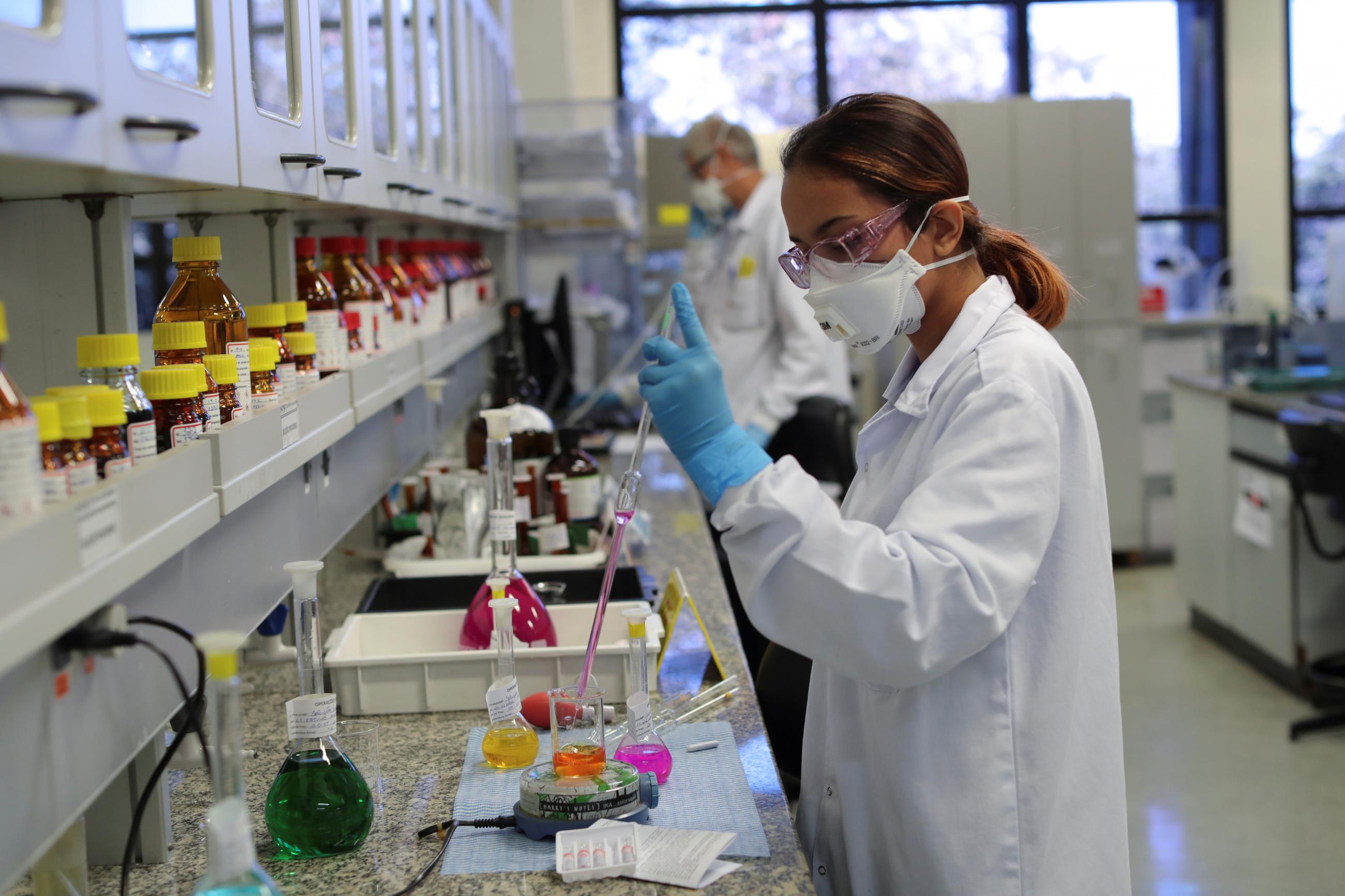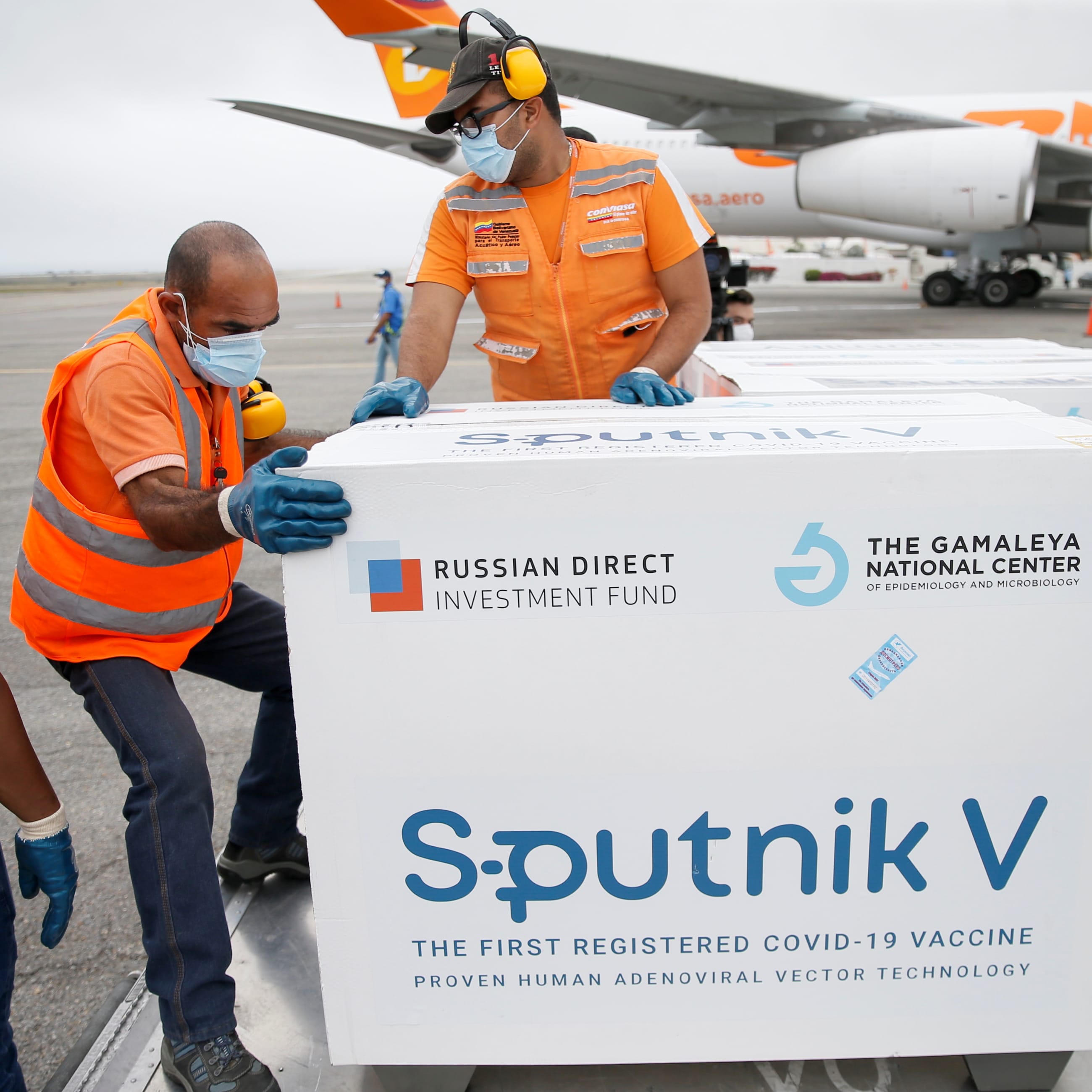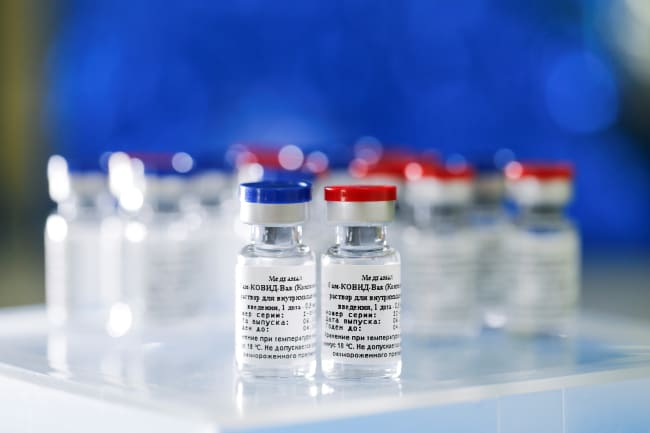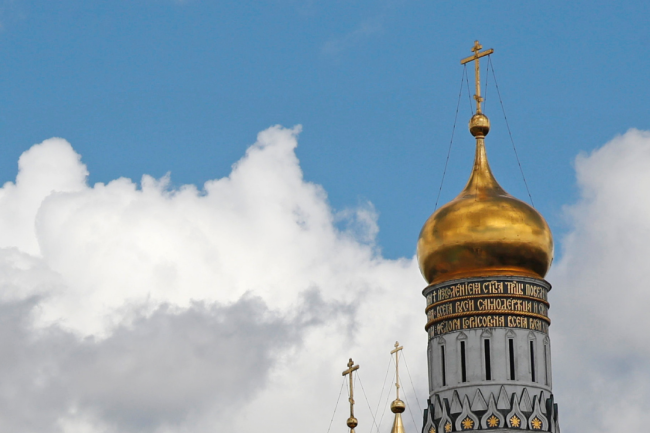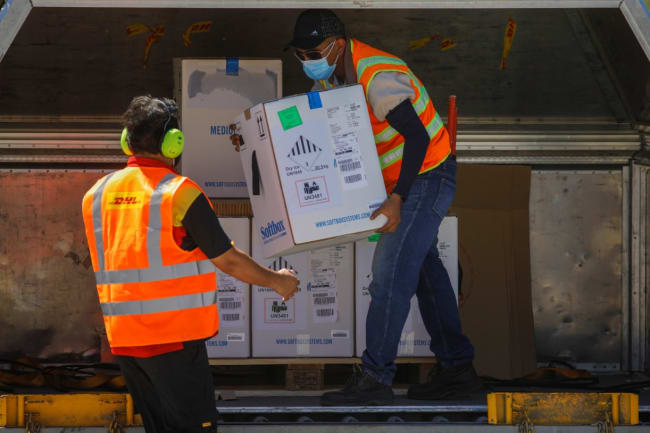Since its premature rollout in Russia in August of 2020, Russia's Sputnik V vaccine has had a checkered history. The vaccine, named for the Soviet Union's famous satellite, was meant to highlight Russia's scientific prowess and bring prestige to its nation by becoming the first available vaccine against COVID-19. However, the vaccine's rollout has been plagued by problems since the very beginning, and additional sanctions due to Russia's invasion of Ukraine are likely to deliver an additional blow.
Even before the invasion, Sputnik V faced an uphill battle, as production delays and lack of data transparency eroded trust in Russia's ability to provide the vaccine and the vaccine itself. Despite its self-proclaimed victory in the vaccine race, Sputnik V has struggled to attain approval from standard-bearing national or international regulatory authorities, such as the World Health Organization (WHO) or European Medicines Agency (EMA). Russia's failure to share its Phase III clinical trial data and delays in vaccine site visits pre-invasion slowed the review process further. Such approval would be a major boon for the vaccine's rollout worldwide, as many countries and vaccine distributors wait for WHO or EMA approval before rolling out vaccines domestically.
Beyond approval barriers, Sputnik has faced growing production and distribution hurdles. Sputnik V's backer, the Russian Direct Investment Fund, has struggled to scale up domestic production, causing deliveries to fall further and further behind promises. In Guatemala, for instance, shipments were so delayed that the country renegotiated its contract to 8 million, rather than 16 million doses, opting to make up the difference with Western vaccines. As deliveries have sputtered, so too has enthusiasm for the vaccine. In March 2022, the chairperson of the National Vaccination Operations Center (NVOC) in the Philippines reported that enthusiasm for Sputnik V was initially high but had declined considerably after delays in shipments of the second dose. Even in Russia, only half the population is fully-vaccinated.
Russia's war in Ukraine has thrown an additional spanner in the works. Western sanctions on Russia present a phalanx of additional obstacles for the vaccine in politics, payment, and production.
Seventy-Four Countries Have Approved Sputnik V
Political Obstacles
Even before Russia's renewed invasion on February 24, 2022, the European Union began to reconsider its interest in Sputnik V. On February 23, health authorities in Germany and Italy announced that they would no longer pursue agreements to purchase Sputnik V, even if the EMA approved it for use in Europe, citing opposition to Russia's troop buildup on the Ukrainian border. Bavaria, which intended to produce Sputnik V, also blocked production of the vaccine at a plant set up by the Russian pharmaceutical company R-Pharm. Following the invasion, the EMA has stated Sputnik V remains under review but clarified that there is currently no active review cycle. Whether EU political pressure will further delay the EMA review process for Sputnik V is unclear.
After the February invasion, the United States, Canada, and the European Union instituted sanctions on the Russian Direct Investment Fund (RDIF), the institution overseeing Sputnik V's development and distribution, as well as its head, Kirill Dimitriev. The United States warned the RDIF is "a slush fund for President Vladimir Putin and is emblematic of Russia's broader kleptocracy," while the European Union prohibited investment and participation in any future projects co-financed by the RDIF. While U.S. sanctions affect only U.S. citizens and companies, any transaction with the RDIF could make third-party countries or entities vulnerable to secondary sanctions. Although health and humanitarian transactions are technically exempt from sanctions, the measures themselves may incentivize countries and producers fearful of Western action to avoid engagement with the RDIF. Huons Global, a Sputnik V producer in South Korea, for instance, has already suspended production of the vaccine, citing concerns about the impact of sanctions.
Payment Obstacles
In the aftermath of the Russian invasion, Western sanctions cut off several major Russian banks and financial institutions from the Society for Worldwide Interbank Financial Telecommunication (SWIFT)—the chief platform for financial messaging services globally. This removal, combined with decisions by major Western credit card companies to halt operations in Russia, essentially bans Russia from making international transactions. Many Western countries have also closed their airspace to Russian flights. These bans have already had implications for Sputnik V.
Although the WHO has not formally stopped the approval process for Sputnik V, these financial concerns have delayed the process indefinitely. WHO inspections of Sputnik V production facilities, which were scheduled for March 7, 2022, had to be postponed due to problems booking flights into Russia and using credit cards. These additional delays in WHO approval have significant implications for global efforts to vaccinate people in low- and middle-income countries. For example, a subsidiary of the RDIF had signed a long-term agreement with UNICEF to supply several countries including Nigeria, Paraguay, Somalia, Uganda, Yemen, and Zambia with doses for 110 million people. This agreement, which was contingent on WHO approval of Sputnik V, has now been thrown up in the air. Moreover, COVAX, the multilateral vaccine sharing initiative designed to supply lower-income countries with vaccines, cannot distribute Sputnik V until it receives WHO emergency use listing.
COVAX and UNICEF are not the only groups affected. Countries may struggle to conduct transactions with Russian banks that have been cut off from the SWIFT payment system and will have to find workarounds. Additionally, vaccine transactions are frequently conducted in dollars or euros, but due to U.S. sanctions, Russia will likely have to find an alternative currency. The exact implications for Sputnik V are unclear, but given that the usual channels have been blocked, experts expect countries will have to adjust in order to complete unpaid or make new purchases of Sputnik V. Although it is possible to shift to a currency such as the Chinese yuan, China may not be receptive to the idea. Beijing may not want to expose itself to the possibility of secondary sanctions and may not be willing to help a competitor as it pursues its own vaccine diplomacy. India is also reportedly exploring ways to conduct such transactions in rupees.
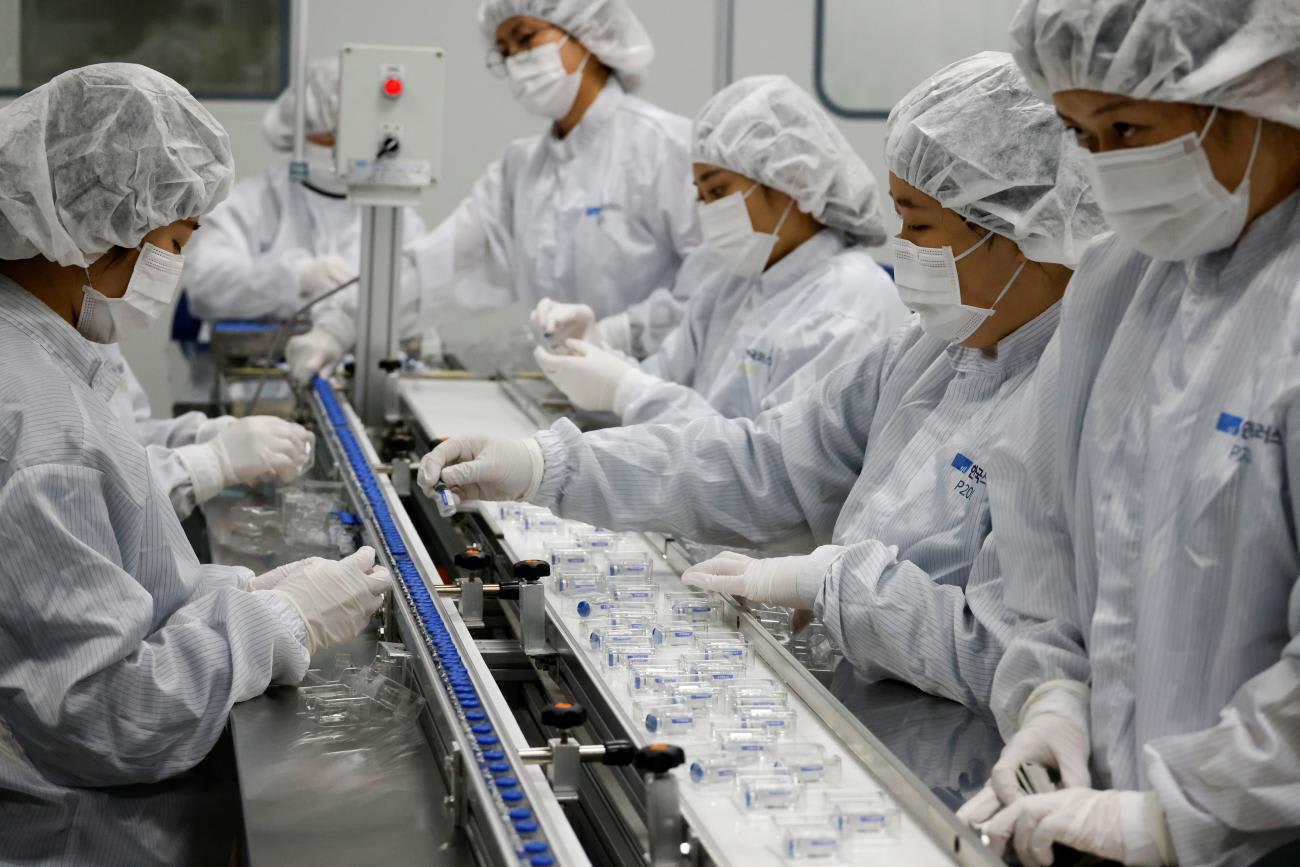
Production Obstacles
Sanctions are also liable to affect supply chains, which will, in turn, affect the production capacity and availability of Sputnik V. In the past, sanctions have impaired the flow of medical supplies and raw materials into Iran and North Korea—despite medical exemptions. Similar disruptions may affect Russian and foreign producers of Sputnik V, particularly in sourcing ingredients. Even before the invasion, Russian producers of Sputnik V struggled to source the raw materials necessary to produce the vaccine. Since the invasion, Russia has already banned the export of foreign-made medical supplies, citing concerns over looming shortages of medical products, and Russian companies have reportedly expressed concern about a lack of access to raw materials for medical goods.
Producers outside of Russia may also encounter problems sourcing ingredients for Sputnik V. Depending on the nature of their agreement, some producers, such as South Korean biotech firm GL Rapha, hold the intellectual property rights, or recipe for the vaccine. Others without the recipe, such as Algeria, Brazil, Egypt, and Mexico, are dependent on deliveries of vaccine ingredients from Russia, which may no longer be able or willing to supply them. Without access to the Russia-provided materials, many of Sputnik V's overseas production facilities may be unable to operate at pre-invasion levels, if at all.
Dr. Reddy's, one of India's biggest drugmakers and the RDIF's main Indian distributor of Sputnik V, said it did not see any impact as Indian companies no longer import material from Russia to make Sputnik shots in India. However, other Indian firms have reported some difficulties post-invasion or have chosen to limit production due to lack of demand. Airspace restrictions provide another complication, as shipments of vaccines or vaccine ingredients, even if they can be purchased, may now have to be transported along alternative routes.
The Future of Sputnik V
The path forward for the seventy-four countries that approved Sputnik V and the organizations that had planned on including Sputnik V in their distribution plans is not clear. The extent to which sanctions, political motivations, and logistical concerns will impact the availability and reception of Sputnik V worldwide is yet to be seen. However, what is clear is that the Russian invasion of Ukraine has slowed crucial approval processes needed to legitimize and widely distribute Sputnik V. The international response to the invasion has also erected serious logistical barriers to the production and distribution of the vaccine, which is further compounding Russia's established pattern of overpromising and underdelivering in its vaccine diplomacy. As Sputnik V's availability and approval remain stalled, the little enthusiasm left for the vaccine might wane, as low- and middle-income markets most receptive to the dose gain greater access to Western alternatives.
Sputnik V may have been the first available vaccine against COVID-19, but that availability is more uncertain now than ever.
